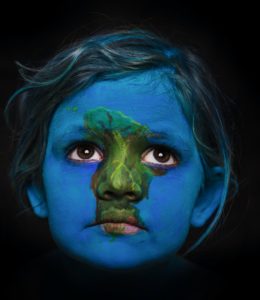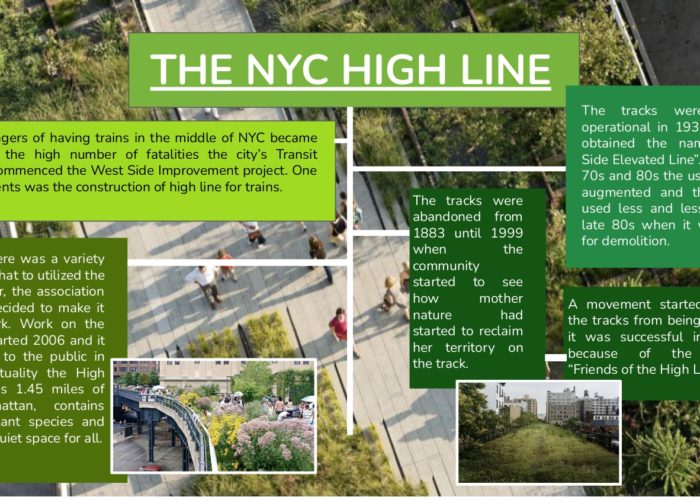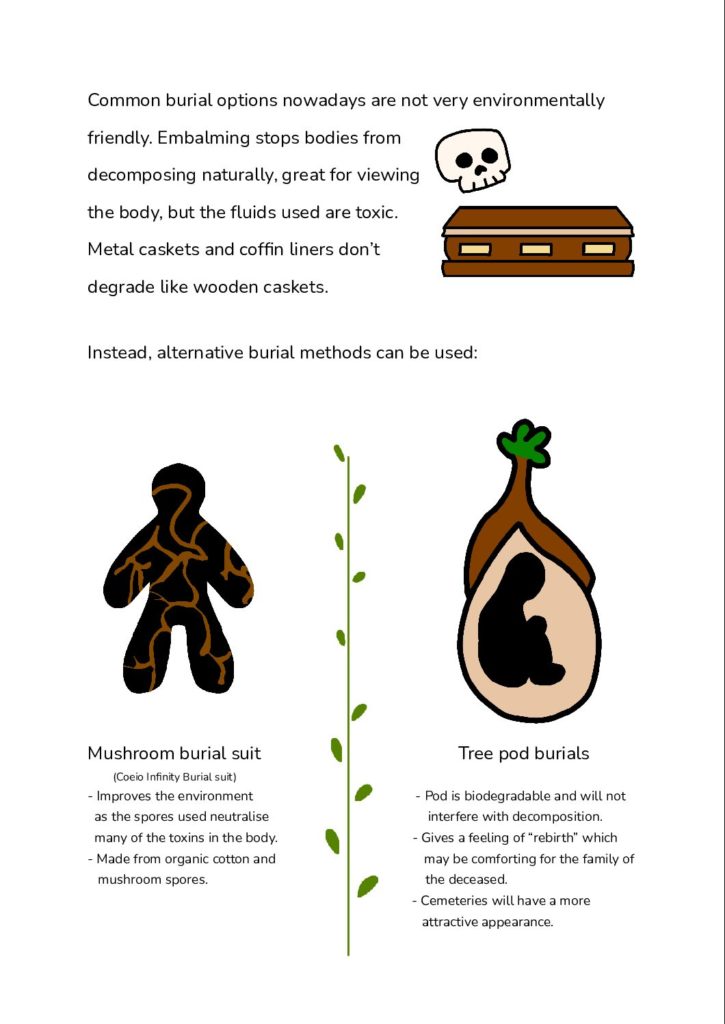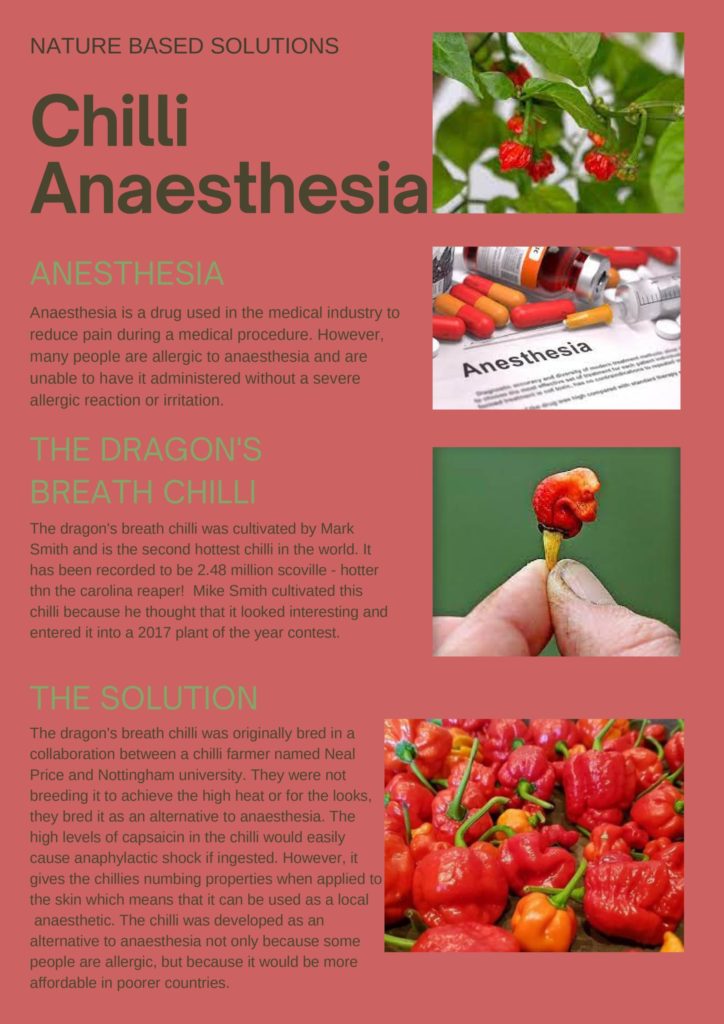Dearest animals,
As a human I am embarrassed and feel guilty for what you have been through. While it is true that some of us care for you, as a species we haven’t shown it.
During lockdown, we only thought that you, animals, were experiencing a great time, living freely without our interactions. We took so much pride on seeing positive advances on our relationship with you (which we shouldn’t have as the only thing we did was get out of the way), that we ignored all the negative parts (such as the killing of bats etc.).
We have to look for sustainable ways to fund protection for wildlife. It may be, as you have mentioned, with local small businesses or even big profit-earning organizations that intend their benefit to protect you. These organizations already exist, but the aim is to shine the light on them and make them gain more market power. To do this, the help of governments is fundamental and social media is also a great platform.
I believe that the new generations will make the real change, so therefore, teaching the little ones all about the issues and problems that previous generations have created, and proposing possible solutions, can inspire them to find new solutions and overall make them conscious of the issues from an early age (so they have this present as they grow up, and make a sustainable impact on the world). This, though, is directed to the future, and will not give immediate results.
More education about the subject will enforce and give the visibility we need. As governments hold so much power, it should be them that share programmes about this, implement a mandatory subject in schools or even implement laws that force the citizens to obey and follow certain rules (limiting their footprint or enhancing sustainability) if they don’t want to encounter legal problems.
Overall, we have to spread more knowledge but concentrate more on the solutions that can be taken rather than uniquely the issues that have been built up with the years (as it is already done and we can reverse it).
We are very sorry for everything you have been put through, but the best way to apologize is to make a change, and that is our objective.
Humans






